Choose the Logistic Regression Course That Aligns Best With Your Educational Goals
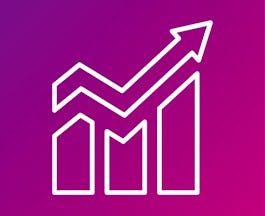
Imperial College London
Skills you'll gain: Data Analysis, General Statistics, Probability & Statistics, Regression, Statistical Analysis, R Programming, Statistical Tests, Statistical Programming, Basic Descriptive Statistics
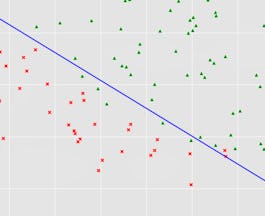
Coursera Project Network
Skills you'll gain: Machine Learning, Python Programming, Regression, Data Science
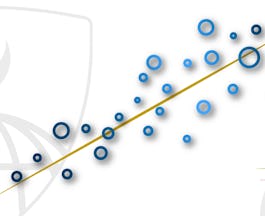
Johns Hopkins University
Skills you'll gain: Correlation And Dependence, General Statistics, Probability & Statistics, R Programming, Regression, Statistical Analysis, Statistical Programming, Data Analysis, Data Model, Problem Solving
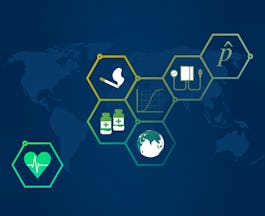
University of Michigan
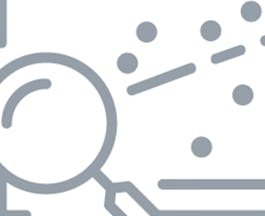
Skills you'll gain: Python Programming, Regression, Statistical Analysis
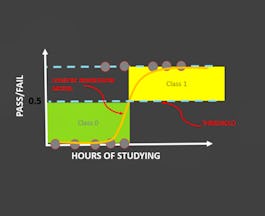
Coursera Project Network
Skills you'll gain: Deep Learning, Machine Learning, Python Programming
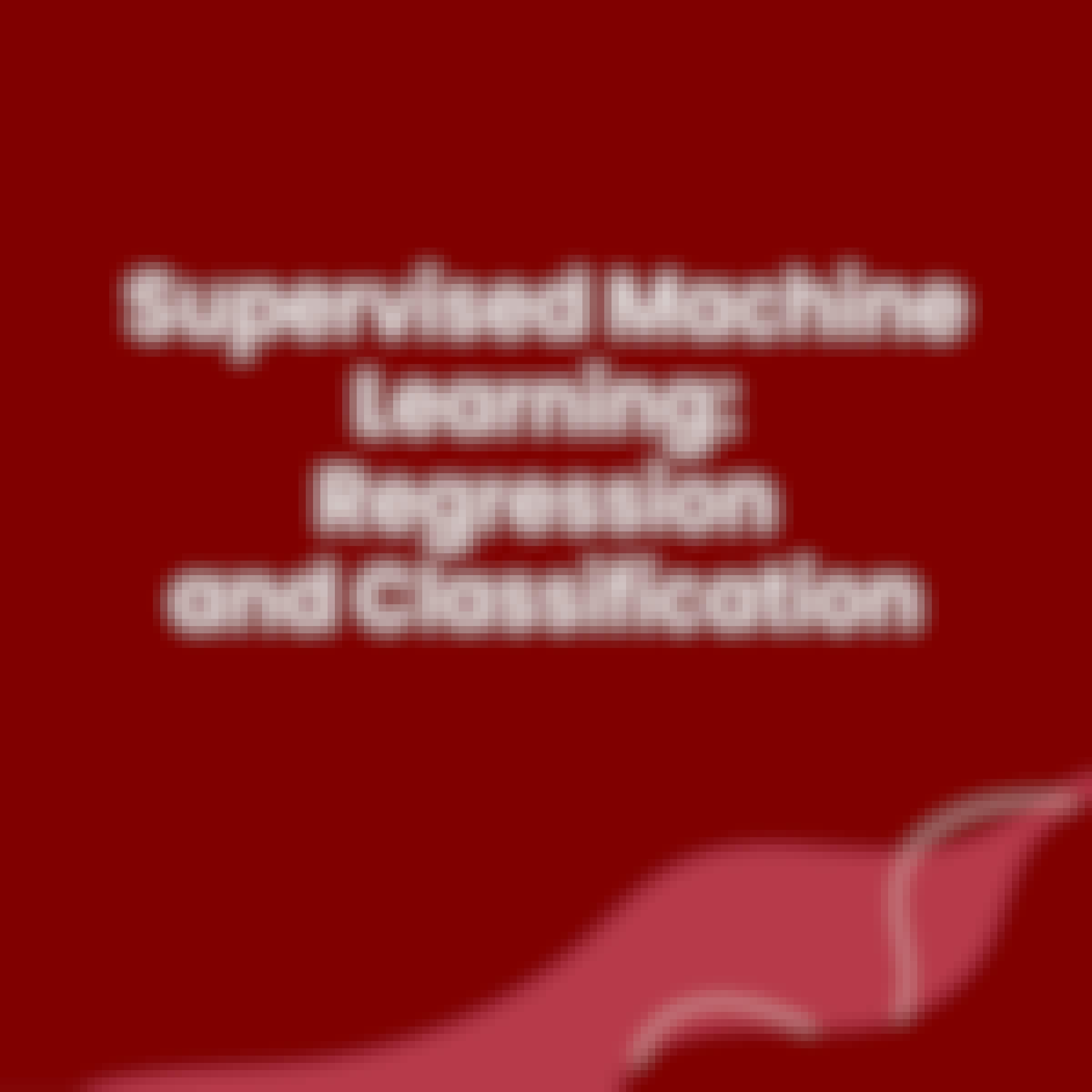
DeepLearning.AI
Skills you'll gain: Machine Learning, Machine Learning Algorithms, Regression, Applied Machine Learning, Algorithms, Statistical Machine Learning, Mathematics, Critical Thinking, Machine Learning Software, Python Programming
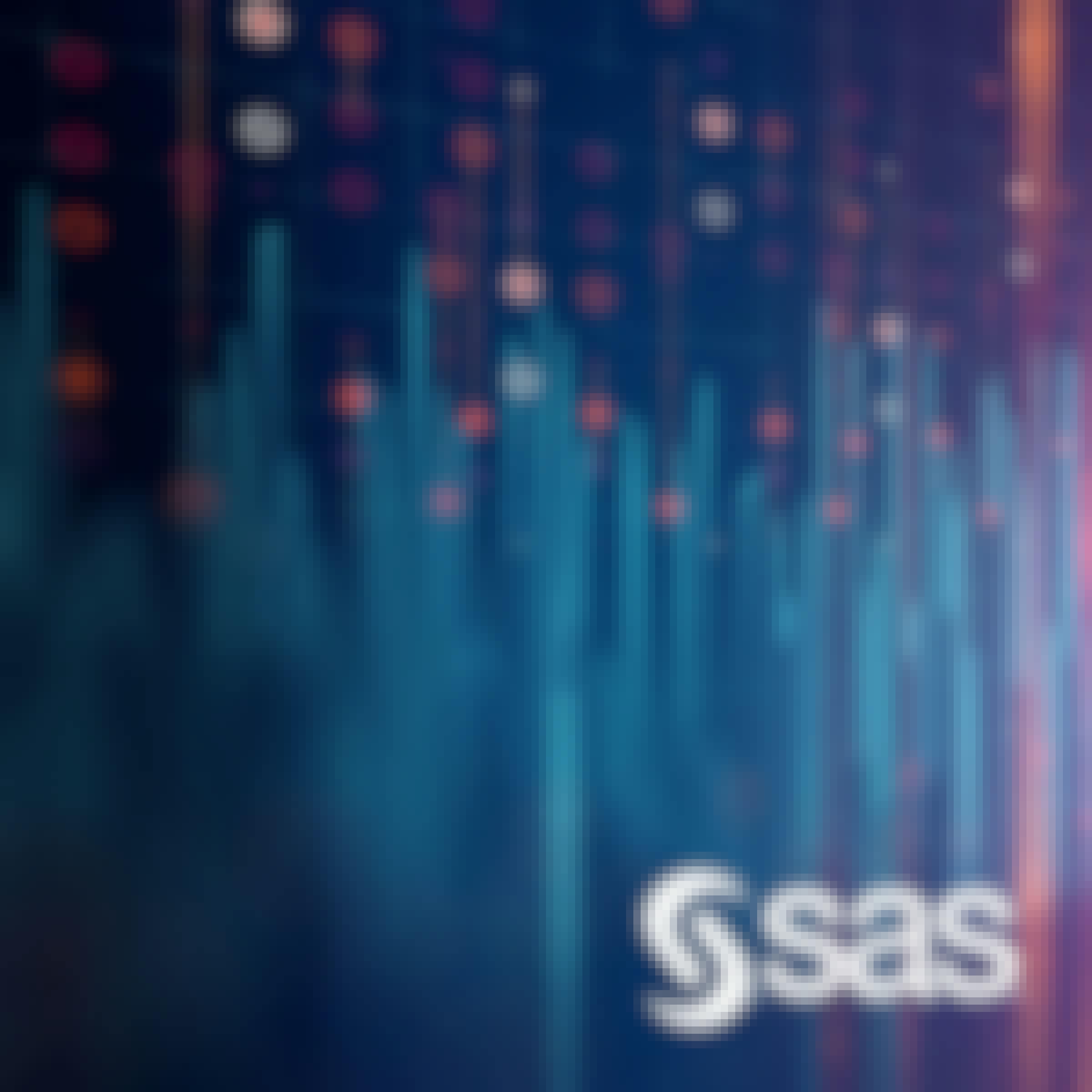
Skills you'll gain: Data Analysis, General Statistics, Probability & Statistics, Regression, SAS (Software), Statistical Analysis, Statistical Programming, Data Model, Statistical Tests, Statistical Visualization

Coursera Project Network
Skills you'll gain: Machine Learning, Python Programming, Regression, Deep Learning

Multiple educators
Skills you'll gain: Machine Learning, Machine Learning Algorithms, Applied Machine Learning, Algorithms, Deep Learning, Machine Learning Software, Artificial Neural Networks, Human Learning, Statistical Machine Learning, Python Programming, Regression, Mathematics, Tensorflow, Decision Making, Critical Thinking, Network Model, Reinforcement Learning
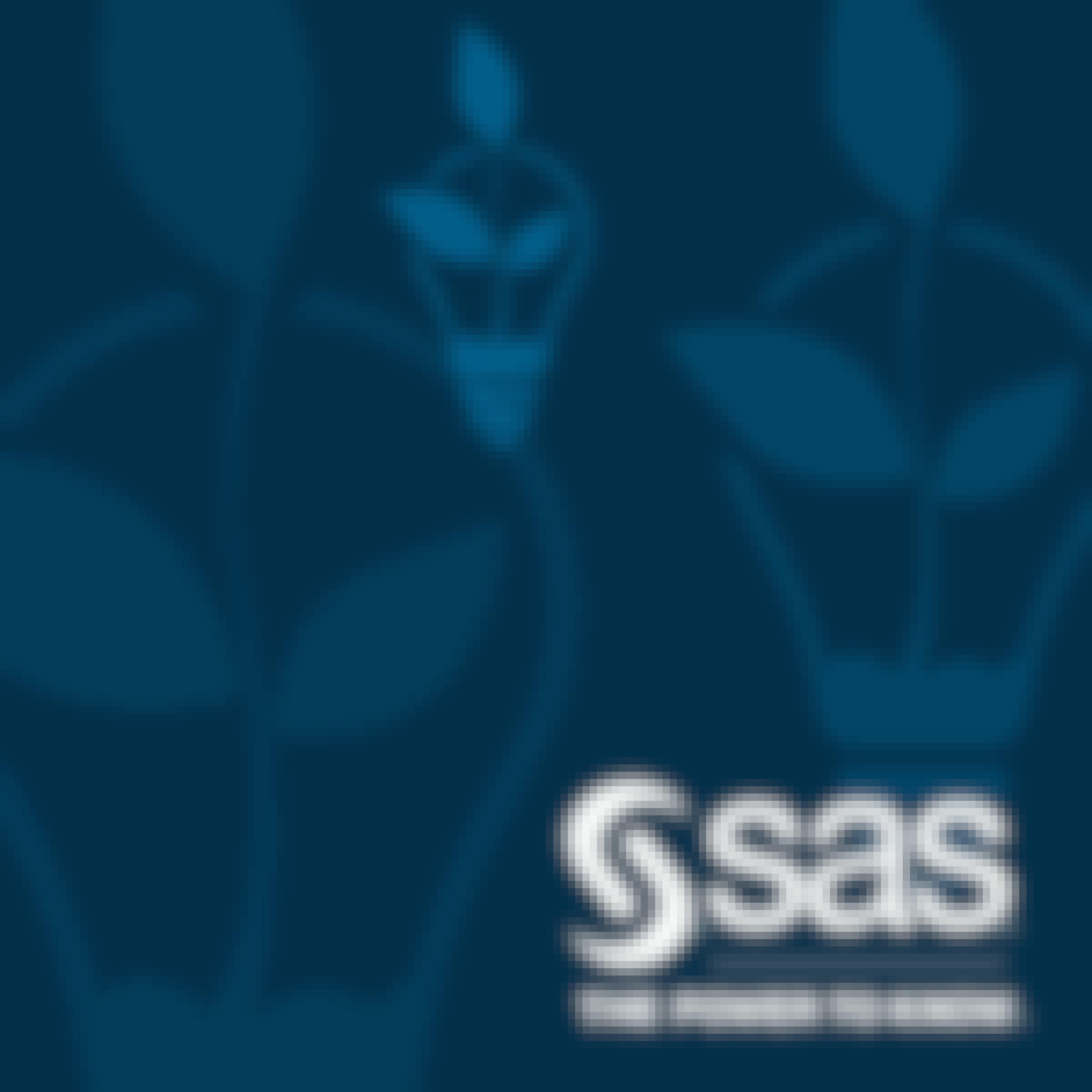
Skills you'll gain: Data Analysis, General Statistics, Probability & Statistics, Regression, SAS (Software), Statistical Analysis, Statistical Programming, Statistical Tests, Statistical Visualization, Data Model
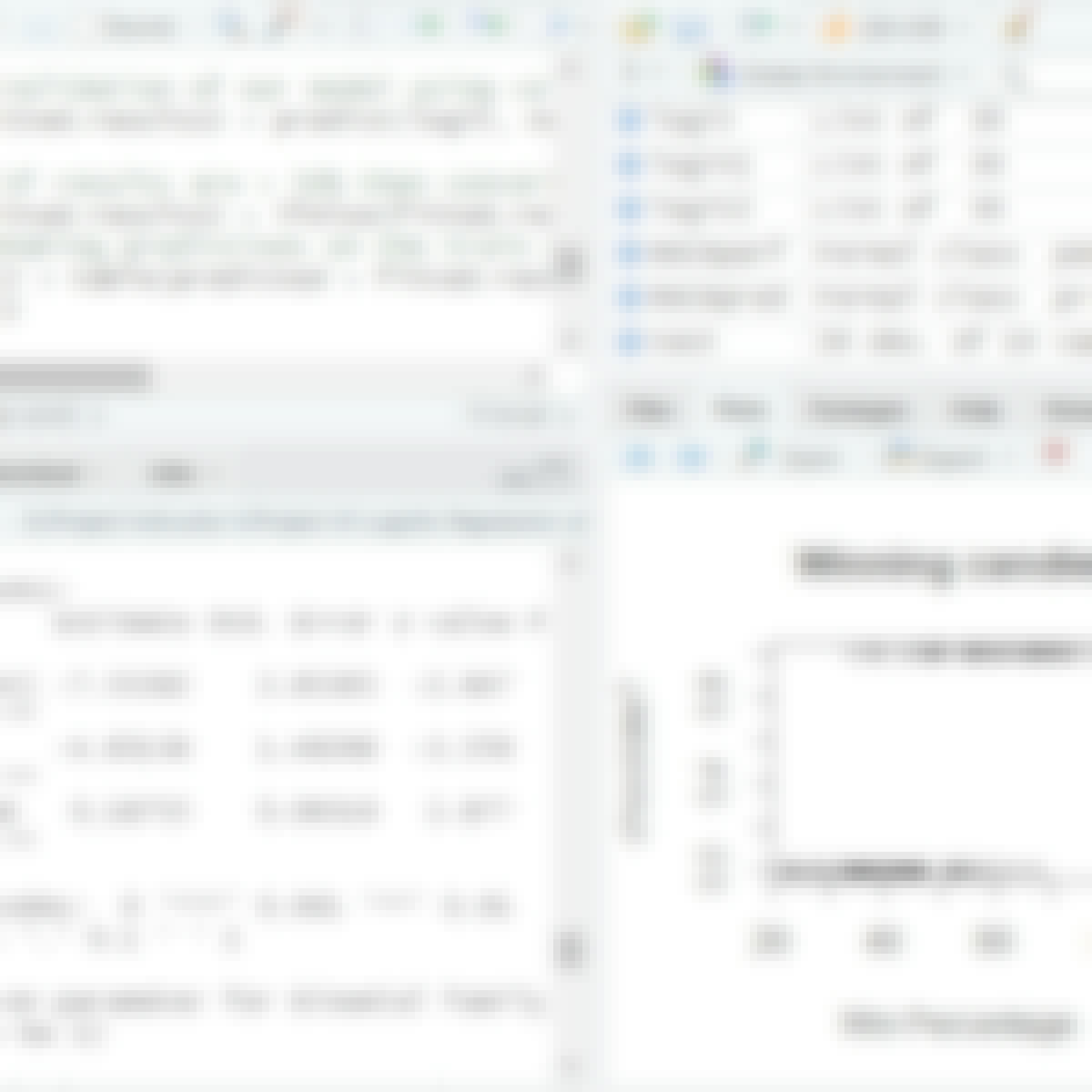
Coursera Project Network
Skills you'll gain: Data Analysis
Searches related to logistic regression
In summary, here are 10 of our most popular logistic regression courses
- Logistic Regression in R for Public Health: Imperial College London
- Logistic Regression with NumPy and Python: Coursera Project Network
- Regression Models: Johns Hopkins University
- Logistic Regression and Prediction for Health Data: University of Michigan
- Regression Analysis: Simplify Complex Data Relationships: Google
- Logistic Regression 101: US Household Income Classification: Coursera Project Network
- Supervised Machine Learning: Regression and Classification: DeepLearning.AI
- Regression Modeling Fundamentals: SAS
- Logistic Regression with Python and Numpy: Coursera Project Network
- Machine Learning: DeepLearning.AI










